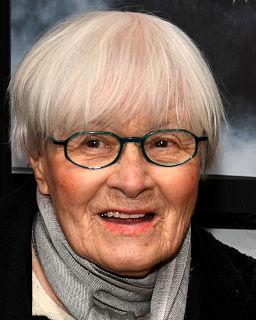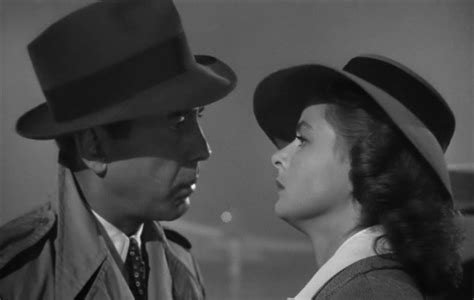A Quote by Theodor Adorno
Jazz is the false liquidation of art - instead of utopia becoming reality it disappears from the picture.
Quote Topics
Related Quotes
A moment of complete happiness never occurs in the creation of a work of art. The promise of it is felt in the act of creation but disappears towards the completion of the work. For it is then the painter realises that it is only a picture he is painting. Until then he had almost dared to hope the picture might spring to life.
If you want me to explain the picture, if you put it in reality, then the mystery goes away. The situation just catches you and you think it is absurd or mysterious and you just take the picture. You dont want to see the bare reality of what happened. I took the picture as the picture, not as the realistic story of what happened.
One interesting thing about jazz, or art in general, but jazz especially is such an individual art form in the sense that improvisation is such a big part of it, so it feels like it should be less soldiers in an army and more like free spirits melding. And yet, big band jazz has a real military side to it.
What happens then is like what happens when we separate a jigsaw puzzle into its fuve hundred pieces: The over-all picture disappears. This is the state of modern medicine: It has lost the sense of the unity of man. Such is the price it has paid for its scientific progress. It has sacrificed art to science.
I visited New York in '63, intending to move there, but I noticed that what I valued about jazz was being discarded. I ran into `out-to-lunch' free jazz, and the notion that groove was old-fashioned. All around the United States, I could see jazz becoming linear, a horn-player's world. It made me realize that we were not jazz musicians; we were territory musicians in love with all forms of African-American music. All of the musicians I loved were territory musicians, deeply into blues and gospel as well as jazz.





































